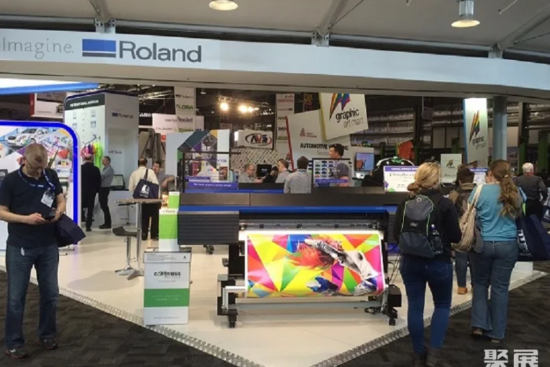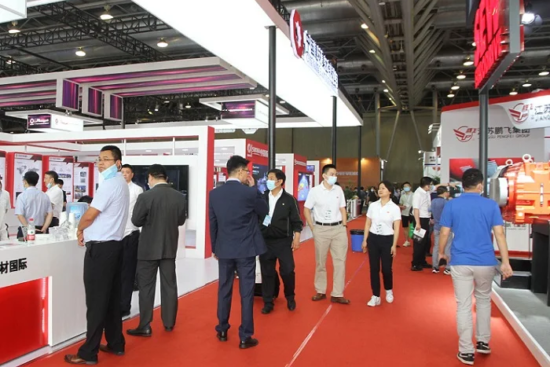
As an exhibition/event organizer you have a million things on your plate. From coordinating vendors to managing attendee experience, every detail matters. But there’s one crucial aspect that’s often overlooked: music licensing. Whether it’s background music in an exhibition hall, a speaker’s catwalk song, or a live performance, proper licensing is not only important, but required by law.
In the IAEE’s recent webinar “Navigating the Music Licensing Process,” Dan Spears, Vice President of Industry Relations and Licensing at Broadcast Music, Inc. (BMI), demystified the complex world of exhibition and event music licensing. By delving into the nuances of copyright law and its interrelationship with public musical performances at exhibitions and events, he provides clarity and a deeper understanding of the complexities of this legal environment.
Why music licensing is important
You may be wondering: “Do I really need to worry about this?” The short answer is yes. Here’s why:
- Legal requirements: Almost all music played in public requires a license and is subject to copyright laws.
- Financial risk: Failure to obtain appropriate licenses can result in significant fines – up to $150,000 per copyrighted song for willful infringement.
- Support artists: Licensing ensures that songwriters and composers are fairly compensated for their work.
Who is responsible?
As the event organizer, the responsibility rests with you. You are responsible for obtaining appropriate music licenses even if:
- Exhibitors play music in their booths.
- The speaker used a song in his speech.
- A DJ or band performing at your event.
- You’re hosting a karaoke night.
Get to know the players
The world of music licensing can be confusing, but there are some key players you should know about:
- BMI (Broadcast Music Company): Represents approximately 1.3 million songwriters and publishers.
- ASCAP (American Society of Composers, Authors and Publishers): Represents over 700,000 members.
- SESAC (Society of European Stage Writers and Composers): A smaller, invitation-only organization.
BMI and ASCAP are the largest players in the US market, each accounting for approximately 50% of the artists.
Licensing process
Here’s a quick overview of what you need to know:
- Determine your needs: Consider all the ways you can use music at your event.
- Select a licensing organization: Under the Department of Justice agreement, BMI and ASCAP offer similar rates.
- Submit a request: Fill out a form detailing your event and expected attendance.
- Pay the fee: License fees are generally calculated per event and per participant.
Benefits of Proper Licensing
While this may seem like an additional cost, proper licensing can provide several benefits:
- Legal protection: Avoid potential lawsuits and fines.
- Huge music library: Get millions of songs for your events.
- Flexible options: Many organizations offer custom licenses and multiple payment options.
- Support the Arts: Your fee helps support the creation of new music.
final thoughts
Navigating music licenses doesn’t have to be a headache. By understanding your responsibilities and the permitting process, you can ensure your event is both fun and legal. Remember, if you have questions, contact the licensing organization directly – they will help you make your event a success while supporting the music industry.
Don’t let music licensing become an afterthought. Your attendees (and the law) will thank you for it!










Leave a Reply Cancel reply
You must be logged in to post a comment.